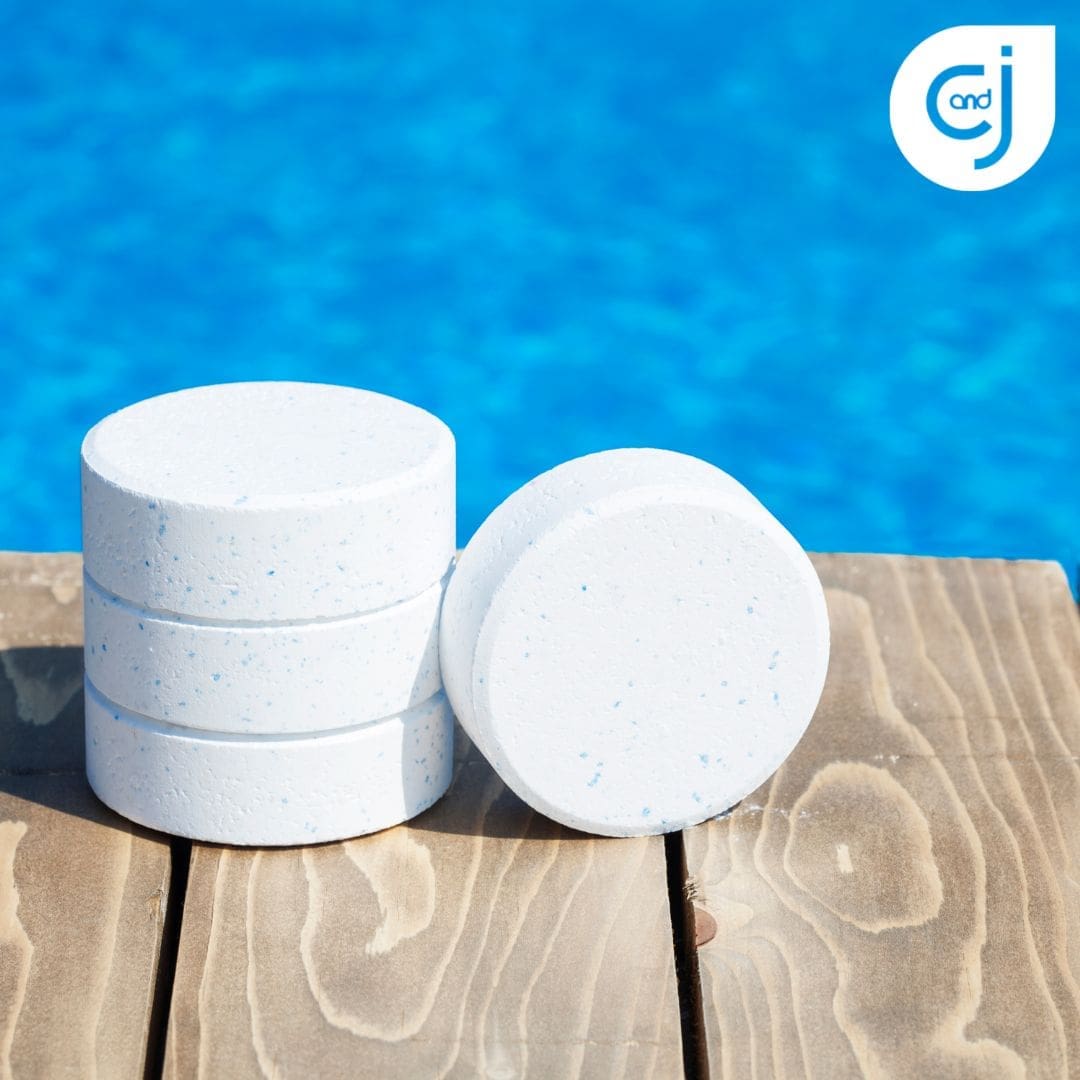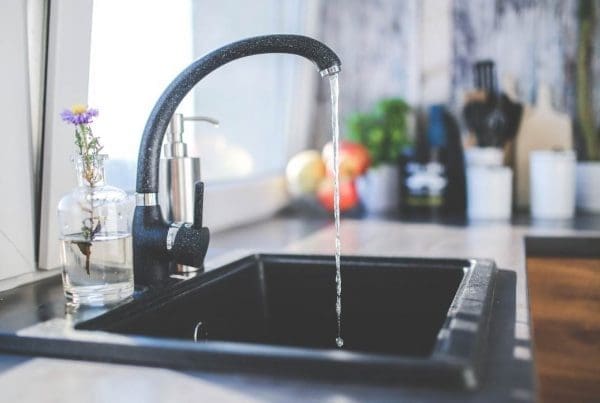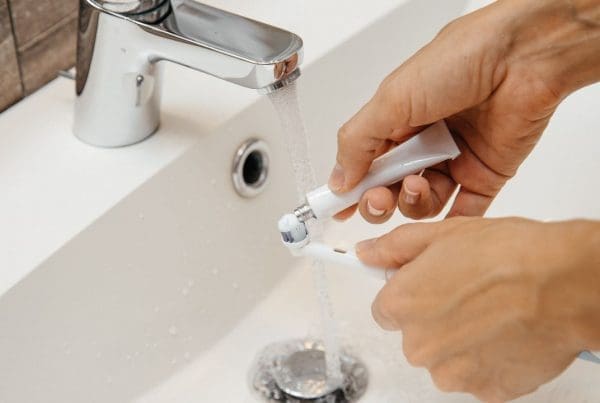When you turn on any faucet in your home, you expect the water to smell and taste fresh. Unfortunately, that’s not always what happens.
If you start filling your coffee pot from the tap or turn on your shower to get ready for the day and are met with an unpleasant smell, it can be jarring. Nobody expects to be confronted with an off-putting odor from their water. It can cause some worry as well, especially if you’ve been using and drinking your tap water for ages without any problems.
Well, don’t panic. We’ll help you navigate this problem. Read on to learn about some potential causes of odor and how to eliminate them from your water supply.
1-Rotten Egg Smell (Presence of Hydrogen Sulfide)
If your water has a sulfuric smell (similar to rotten eggs), you’re dealing with naturally occurring bacteria in your water. As the water passes through your water heater, it might react with magnesium or aluminum rods in the tank. The resulting hydrogen sulfide is responsible for the rotten egg smell coming from your water.
2-Chemical Smell (Chlorine)

If you notice a strong smell that reminds you of chemical cleaning agents (like bleach), you probably have chlorine in your water. Public water supplies are often chlorinated to disinfect the water so that consumers can safely use or consume it. Chlorine is highly effective in killing parasites and bacteria, which is why this chemical is often used in swimming pools. According to the EPA, the chlorine content in public water is limited to 4 mg/L or less. However, humans can smell chlorine in concentrations of only one mg/L. Though there is only a small amount of chlorine in public water, the smell it gives off can be very strong. It can also dry out your hair and skin, and is not great for watering plants.
3-Musty, Moldy, or Mildew Smells (Organic Pollution)
Musty, moldy, or mildewy smells in your water can result from algae or bacteria such as Gallionella. These bacteria thrive in iron-rich water. They use iron as an energy source, oxidizing it and creating rust-like deposits. These deposits, along with bacterial growth, can form biofilms inside pipes, wells, and water heaters. In situations where bacteria are present, you will want to consider a well cleanout.
How To Solve Water Odor
A FREE water analysis is a great place to start. Water testing is usually necessary, as it provides you and the treatment professional with clear answers. In addition to determining the cause of the smell, water testing can also determine whether the water is unsafe to use or drink.
By having a thorough test done, the technician can determine whether your water is still safe to use. If the odor source is hazardous, a professional can provide you with the best possible steps to take to remedy the situation.
Additionally, a water treatment specialist can install your treatment system and ensure that everything works as it should. This way, you can keep yourself and your family safe by providing them with high-quality, professionally treated water.
Depending on the testing and evaluation results, one of several solutions might be appropriate. For example:
- A reverse osmosis system might be recommended to filter out organic and inorganic compounds in your water.
- A chlorine removal system might be the best bet if the cause of your excessive water odor stems from its chlorine content.
- A bacteria removal system might be worth considering if your water smells bad because it contains odor-producing bacteria.
- And, a water softener or AIO system might be beneficial if your water produces a foul smell due to its mineral contents reacting with other chemical components.
If your water produces an odor and you’re looking for answers, contact C and J Water immediately. Our water treatment specialists will get to the bottom of what’s causing your water to produce the odor you’re noticing. After diagnosing the issue, we’ll provide you with a solution that will remedy the problem in no time.




